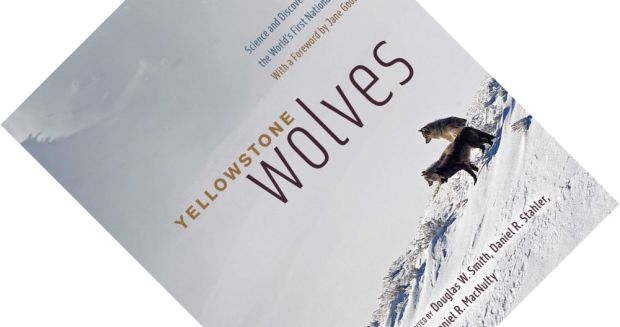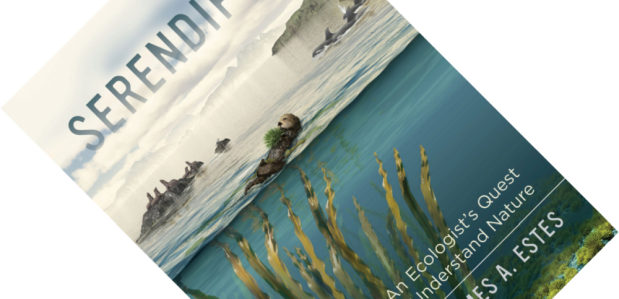9-minute read
keywords: ecology, entomology, history of science
The recent loss of famous entomologist and brilliant mind Edward O. Wilson shook me. In an attempt to find some solace I turned to Richard Rhodes’s recent biography, published only a month before. I already had this lined up for review and was looking forward to it, but this must be the saddest possible reason to prioritise reading a book. Fortunately, I found a warm and respectfully written biography that, as the title suggests, focuses foremost on the scientific achievements of Wilson.




